The Most Cringeworthy TV Shows Of The 1970s
Flying High
Welcome to a journey back in time to the wild world of 1970s television, where disco grooves and bell-bottoms weren't the only unforgettable elements of the era. While the '70s brought us some iconic TV classics, it also birthed a slew of cringeworthy, head-scratching, and downright awful shows that left audiences baffled and entertained in equal measure. Whether you vividly remember these television travesties or are about to discover them for the first time, prepare yourself for a gallery that delves into the depths of television's dark and quirky corners.
Strap in for this nostalgic trip through the worst TV shows of the 1970s, featuring infamous flops like BJ and the Bear, Supertrain, The Ropers, and Mrs. Columbo.
Let's dive headfirst into the world of small-screen misfires, and maybe, just maybe, find some guilty pleasures along the way. Read on to explore the TV flops that even time couldn't forget.
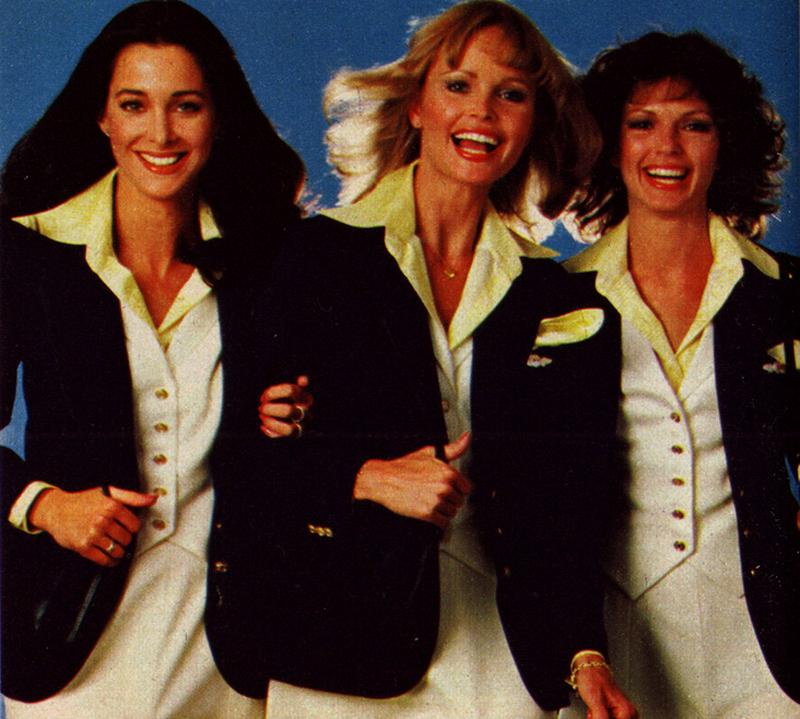
Flying High, a 1978 series, entered the television scene as another attempt to replicate the success of Charlie's Angels. The show revolved around the personal lives of three stunning women who worked as stewardesses for Sunwest Airlines, boasting a beautiful cast that included Pat Clouse, Kathryn Witt, and Connie Sellecca. On paper, it seemed to have all the right ingredients for an entertaining story.
However, viewers didn't find these ladies' adventures compelling, and the show faced criticism for its stereotypical writing and production. Consequently, Flying High was canceled after just a few months on the air, underscoring the challenge of emulating the success of a popular series with a copycat format and the importance of originality in television storytelling.
The Super Friends
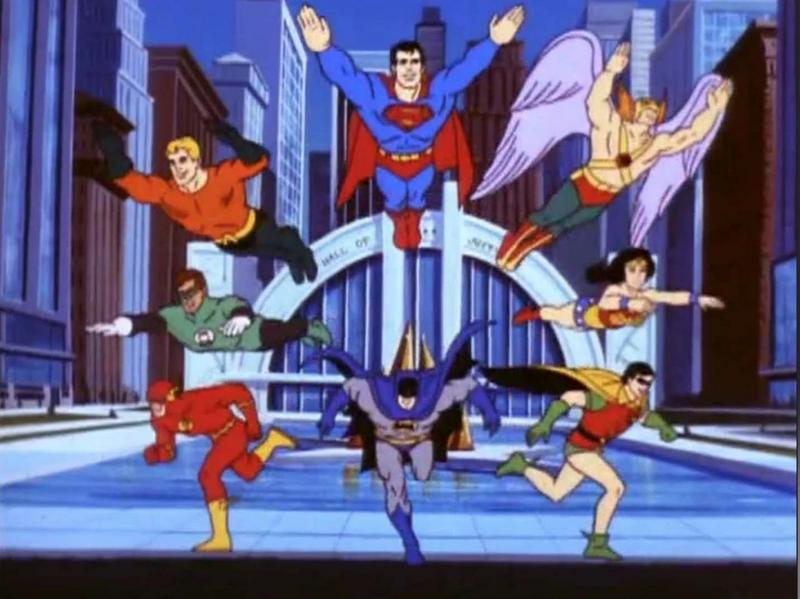
Super Friends, the Hanna-Barbera produced cartoon that aired throughout the 1970s, holds a unique and enduring place in the hearts of fans in spite of the fact that it wasn't very good. While it may not have boasted the animation quality and intricate storytelling of modern superhero adaptations, it was the groundbreaking series that first brought the iconic heroes of the Justice League to the small screen.
With characters like Superman, Batman, Wonder Woman, and Aquaman, Super Friends was a simplistic yet wholesome approach to storytelling, coupled with a commitment to promoting positive values and teamwork, made it a beloved part of many childhoods. This is a series to keep in your memory palace, just don't unlock that door.
Co-Ed Fever
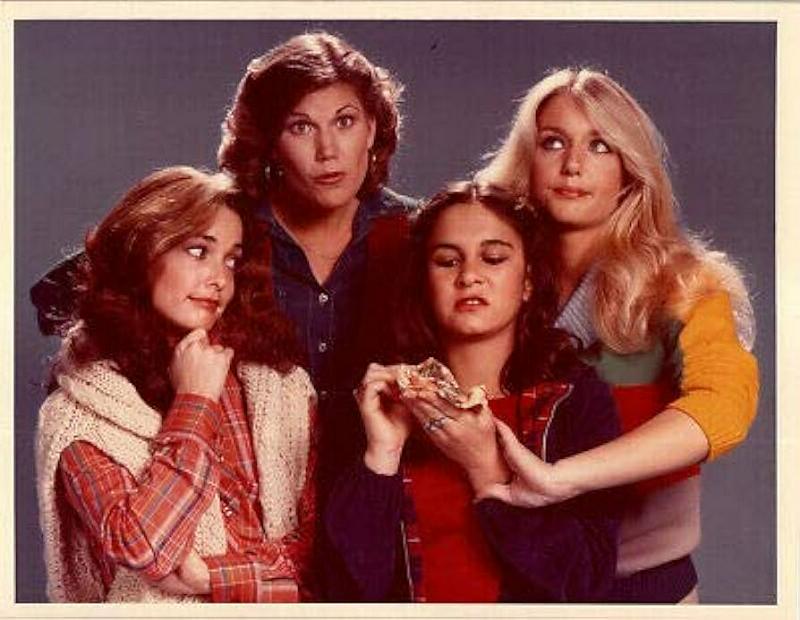
The CBS sitcom Co-Ed Fever was a colossal disappointment, with only one out of six produced episodes ever making it to the airwaves. Featuring a cast that included Alexa Kenin, Cathryn O’Neill, Heather Thomas, Tracy Phillips, and Jillian Kesner, the series revolved around the lives of young women living in a dorm at Baxter College.
To make matters worse, Co-Ed Fever was initially conceived as one part of a three-part "frat house" comedy series, but the show's dismal plot and production quality led to the failure of the entire project.
The Brady Bunch Hour
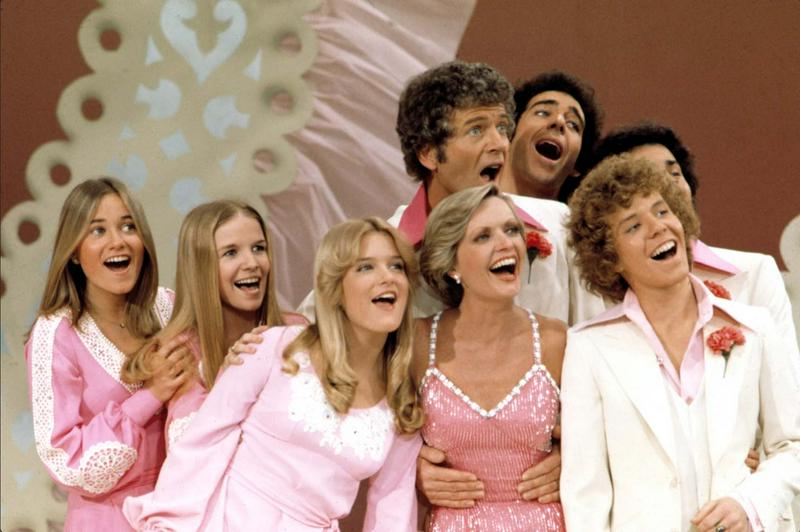
The Brady Bunch Hour, which aired from November 28, 1976, to May 25, 1977, stands out in television history as an earnest but ultimately ill-conceived endeavor. Produced by Sid & Marty Krofft Productions and featuring cast members from The Brady Bunch, this variety show was, to put it bluntly, far from a critical success.
Attempting to capitalize on the popularity of the original series, it often came across as a clear cash grab. The format featured skits, songs, and guest appearances, attempting to combine the family-friendly charm of the Brady family with the variety show format of the era. However, the execution fell short, with critics and even some fans finding it lacking in quality and coherence. Despite its brief run and lukewarm reception, The Brady Bunch Hour remains a curious footnote in television history, a reminder that even beloved TV families can't always successfully transition to new formats.
BJ and the Bear

BJ and the Bear, a short-lived action comedy series that aired from 1979 to 1981, found its place in the television landscape during a very specific cultural moment. The show followed the adventures of BJ McKay, a trucker with his pet chimpanzee named Bear, as they traveled from city to city, solving crimes along the way. While the premise was certainly unique, the series struggled to find its footing creatively, and it often came across as a product of its time—a time when the popularity of films like Smokey and the Bandit and Every Which Way but Loose had ignited a fascination with trucking and CB radio culture.
The show seemed to be produced mainly to ride the coattails of these trends, but it failed to capture the same magic, resulting in a program that's largely remembered for its quirky premise and its reflection of a bygone era in American popular culture.
The Sonny Comedy Revue
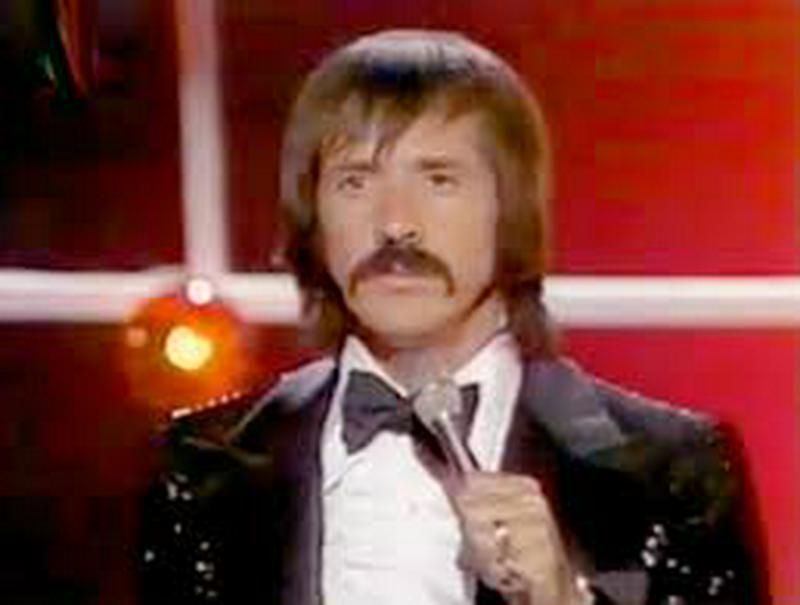
The Sonny Comedy Revue, which briefly aired on ABC in 1974 for just one season, marked a pivotal moment in the career of Sonny Bono. Following the dissolution of his marriage to Cher and the subsequent cancellation of their popular variety show, The Sonny & Cher Comedy Hour, this solo venture was seen as Sonny's attempt to establish himself in the entertainment world as an artist all of his own. However, it was widely regarded as a misstep and fell far short of its predecessor.
Critics noted that the show was uneven in quality, and many viewers felt that Cher's absence was keenly felt, as her charisma and dynamic chemistry with Sonny had been a driving force behind their earlier success.
Mr. T and Tina
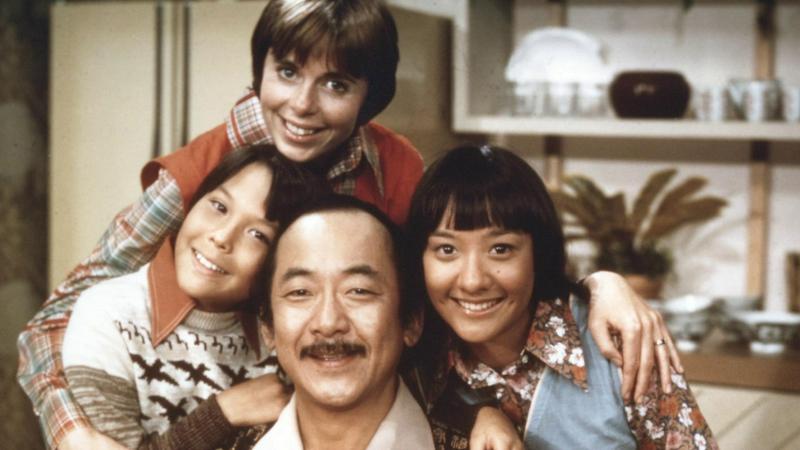
This short-lived sitcom spin-off of Welcome Back, Kotter, marked an ambitious but ultimately ill-fated attempt to showcase the talents of Pat Morita in a leading role. Airing for a mere five episodes on ABC from September 25 to October 30, 1976, the series was notable for being one of the first to feature a predominantly Asian-American cast, breaking ground in its representation. However, despite its groundbreaking premise and the undeniable talent of Pat Morita, the show struggled to find its footing with both critics and audiences alike.
After the pilot episode was screened for national television critics in June 1976, it garnered harsh criticism, with the group collectively deeming it the "worst new show they had endured." Many lamented that Morita deserved a better vehicle for his considerable talents. One critic went so far as to write:
It was so much worse than anything else we saw this summer that it looked as though it had possibly been made for some other purpose than entertainment, possibly for shipment to some enemy country where the CIA wanted to scramble the brains of the citizenry.
The Bob Crane Show
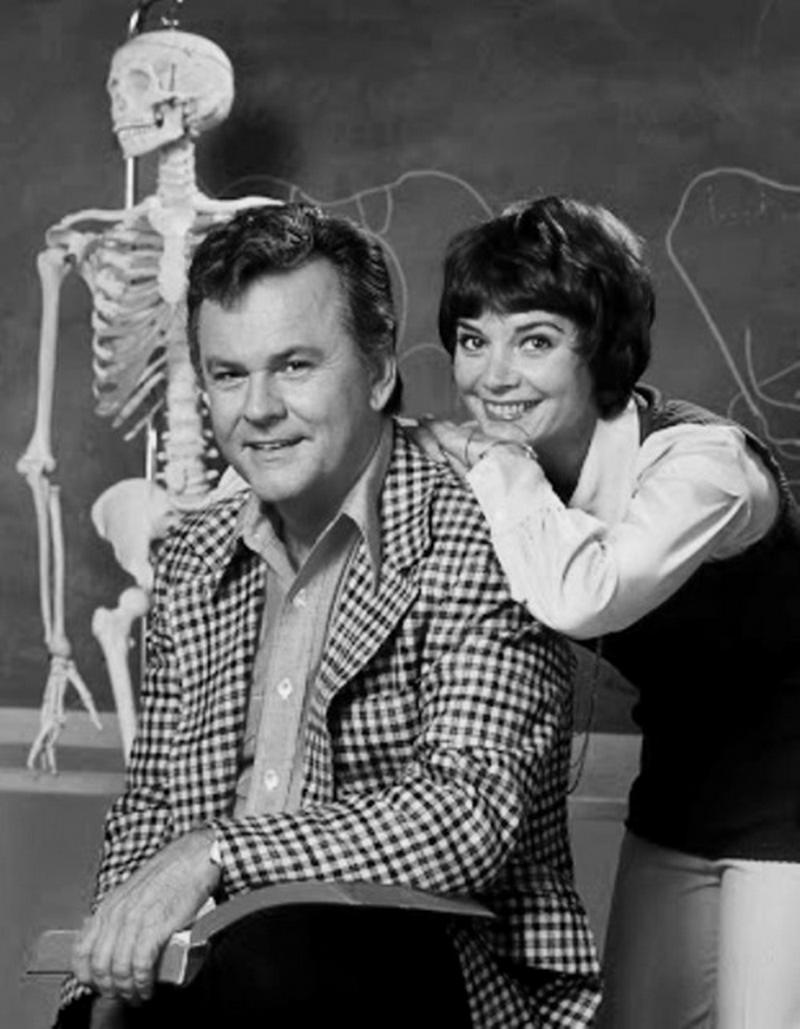
Originally titled Second Start, this failed series embarked on a journey filled with setbacks and challenges right from the start. Starring Bob Crane as Bob Wilcox, a character in his 40s who opts to leave his insurance salesman career behind to pursue medical school, the series attempted to capture the magic of other successful '70s sitcoms like The Bob Newhart Show and The Mary Tyler Moore Show. However, its troubled production history was indicative of its inability to replicate that success. Originally slated for a fall 1974 debut, the show faced delays due to the Federal Communications Commission's reintroduction of the Prime Time Access Rule, which limited the broadcast networks' prime time programming.
The constant delays, re-shooting of the pilot, and shifting release dates created a sense of uncertainty around the series. Ultimately, The Bob Crane Show struggled to find its footing in the shadow of its acclaimed predecessors and is remembered more as a failed attempt to chase their success rather than a standout sitcom in its own right.
The Starland Vocal Band Show

The Starland Vocal Band Show was a clear example of the entertainment industry's penchant for attempting to cash in on fleeting fame. Hosted by the one-hit wonders, The Starland Vocal Band, who had achieved brief stardom with their single "Afternoon Delight," the series was a glaring ratings grab. Modeled after the format of more successful variety shows like The Sonny & Cher Comedy Hour, it sought to capitalize on the band's momentary success. However, the series failed to strike a chord with viewers, and its inherent reliance on a single hit song proved to be a short-lived gimmick.
The Ropers

This spin-off of the immensely popular Three's Company, proved to be a significant disappointment despite the high hopes placed on its success. Initially pitched in the wake of Three's Company's early triumphs in 1977, the idea was met with hesitation from both the show's stars and producers. However, the show's continued success in its second season prompted a reconsideration in 1978, this time with the support of new ABC leadership. While Audra Lindley found the idea intriguing, Norman Fell, who was beloved for his role in Three's Company, was reluctant to leave a proven hit for an uncertain spin-off. To address his concerns, the producers promised Fell that if The Ropers didn't succeed within a year, he and Lindley could return to Three's Company.
Unfortunately, The Ropers faced multiple challenges, including a shift to a Saturday evening time slot that led to a sharp decline in viewership. Despite Norman Fell's efforts to salvage the show's ratings, it was canceled by ABC in May 1980, leaving Fell and Lindley in a difficult position. However, the addition of Don Knotts to Three's Company during The Ropers run made their return to the original series impractical, as it would have disrupted the successful dynamic of the show. Ultimately, The Ropers serves as a cautionary tale of the risks and uncertainties involved in spinning off beloved characters from a hit show into a new venture.
The Secret Empire

The Secret Empire was a television series that attempted to carve out its niche in the world of superhero shows with a unique twist – the main character's psychic powers were only activated while playing a pinball machine called The Secret Empire. This peculiar premise added an unusual layer to the typical superhero narrative. However, despite its intriguing concept, the show struggled to find an audience and quickly faded into obscurity.
One of the key factors contributing to its downfall was the attempt to capitalize on the pinball fad of the time, a gamble that proved ill-fated. Even the enthusiasm of pinball enthusiasts couldn't save the series from its inevitable plunge.
Mrs. Columbo
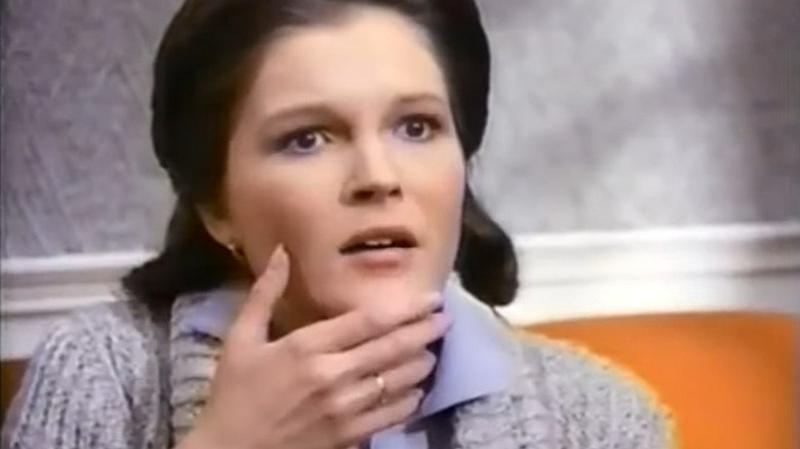
The ill-fated series Mrs. Columbo stands as a stark example of how attempting to cash in on the success of a beloved show without understanding its essence can lead to failure. Spun off from the iconic mystery crime drama series Columbo, Mrs. Columbo sought to explore the life of Lieutenant Columbo's wife, but it struggled to find its own identity. Poor ratings and a lukewarm reception from both viewers and the original producers of Columbo spelled doom for the series.
In a desperate attempt to change its course, both the show and the eponymous character underwent a name change. However, this effort failed to salvage the sinking ship, and Mrs. Columbo met its demise in March 1980 after just 13 episodes.
Supertrain

Supertrain, touted as a groundbreaking television series with its luxury, atomic-powered train capable of super speeds, ended up being a colossal disappointment. Despite its promising and innovative concept, the show was marred by poor writing and execution. The producers had invested significant resources into this ambitious project, creating a two-hour pilot episode and producing a total of nine episodes.
However, the lackluster quality of the writing and the failure to capture viewers' interest led to the series quickly derailing. Supertrain not only proved to be a creative misstep but also a significant waste of money.
Mobile One
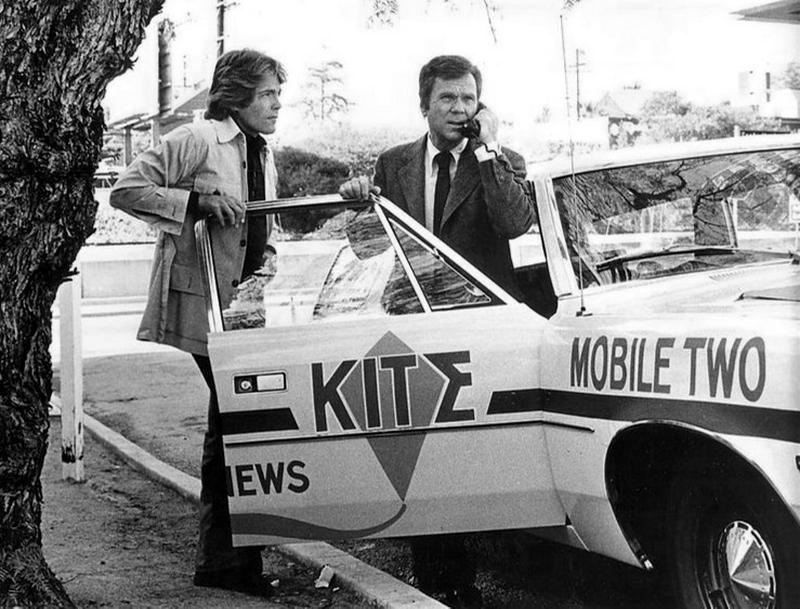
Mobile One, an adventure series that hit the airwaves on September 12, 1975, became a textbook example of a short-lived television series due to its dismal ratings. Despite the presence of a talented cast including Jackie Cooper, Julie Gregg, and Mark Wheeler, the show couldn't muster enough viewer interest to keep it afloat. ABC had hoped to position Mobile One as a competitor to NBC's Chico and the Man and CBS's MASH but it quickly became apparent that there was no real contest. The series was axed after just 13 episodes, underscoring the harsh reality that even the most promising shows can't survive without a dedicated audience and strong competition in the crowded television landscape.
The Immortal

The Immortal, a 1970 ABC drama series, presented an intriguing premise with Christopher George playing the role of Ben Richards, a youthful-looking race car driver with a unique secret – his special blood made him impervious to the effects of aging. However, the show's potential took a downward turn as the plot unfolded. When Richards donates his blood to save his wealthy employer, his life takes a dramatic turn for the worse as the employer exploits his newfound youthfulness.
The series attempted to pivot into a thrilling cat-and-mouse game between Richards and the employer's bounty hunter, but it failed to engage viewers effectively. Despite its efforts to salvage the show, The Immortal struggled to maintain audience interest, ultimately lasting for just 15 episodes before being pulled off the air in January 1971.
Struck by Lightning
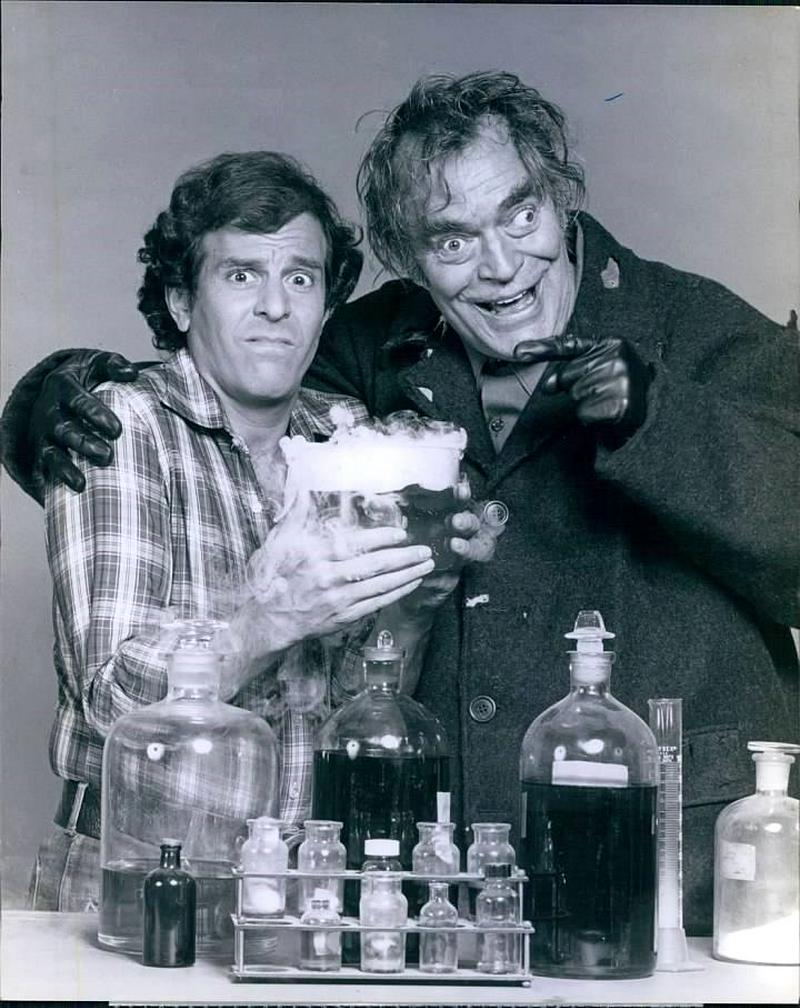
Struck by Lightning, a CBS series released in September 1979, suffered a remarkably short-lived and unsuccessful run, canceled just one month after its debut. Drawing inspiration from the Frankenstein story, the show followed Jeffrey Kramer, who portrayed a science teacher inheriting a foreboding Victorian Inn. The twist was that the handyman, Frank, turned out to be none other than Frankenstein's monster. With just three of its eleven produced episodes making it to air, it was clear that American audiences found the series unappealing. Struck by Lightning found slightly more success in England, where all eleven episodes were aired in 1980. This transatlantic disparity in reception serves as a reminder that even a creative twist on a classic tale can't ensure a show's success if it doesn't resonate with its intended audience.
In the Beginning

Norman Lear, renowned for producing hit TV series like All in the Family and The Jeffersons, didn't replicate his success with 'In the Beginning.' The show, which centered around the unlikely dynamic between a very conservative priest and a liberal nun, was indeed controversial. McLean Stevenson portrayed the priest, while Priscilla Lopez took on the role of Sister Agnes. While their interactions were often entertaining, the comedic aspect wasn't sufficient to captivate viewers. Despite producing nine episodes, only five of them ever made it to the airwaves. CBS swiftly pulled the plug on In the Beginning barely a month after its release, making it a rare misstep in Norman Lear's otherwise illustrious career in television production.
Who's Watching the Kids?
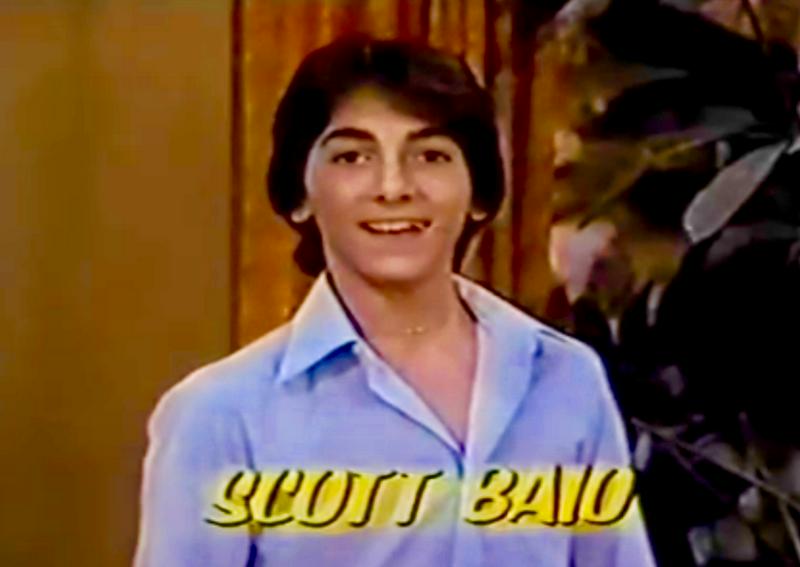
Gary Marshall, a renowned producer, aimed to create a compelling series with Who's Watching the Kids? in 1978, centered around the lives of two Vegas showgirls. Linda Goodfriend and Caren Kaye portrayed the protagonists, who shared a small apartment in Las Vegas while juggling their careers and family responsibilities. Comedy was brought into the mix by co-stars Jim Belushi and Scott Baio. Despite the promising elements, the show failed to resonate with viewers, as the storyline left them unimpressed.
NBC decided to pull the plug on Who's Watching the Kids? after just eleven episodes, marking it as a short-lived and ultimately unsuccessful venture in Gary Marshall's extensive career in television production.
The Ernest Angley Hour
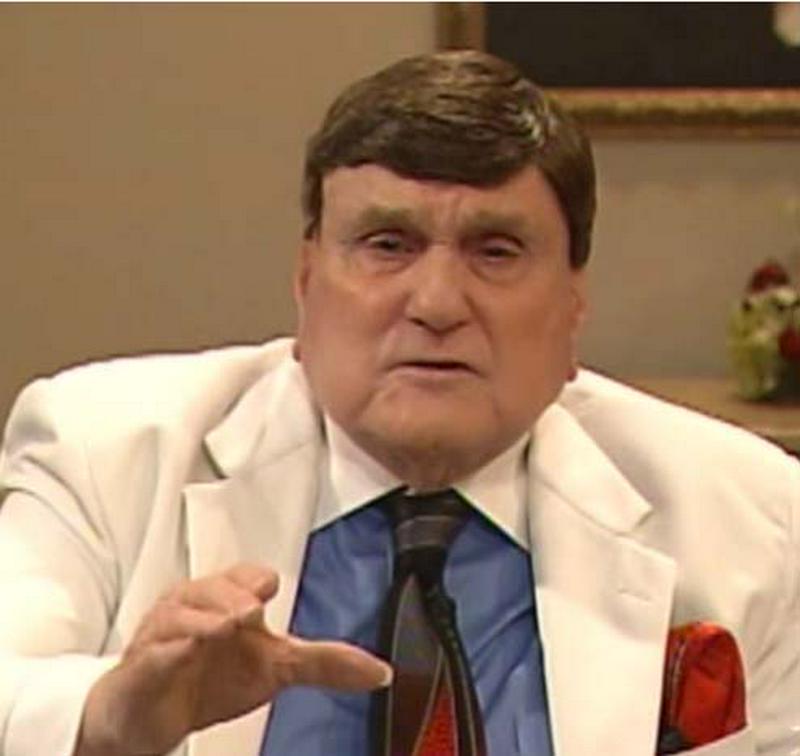
The Ernest Angley Hour, a one-hour weekly show hosted by American Christian pastor and televangelist Ernest Angley in the '70s, had an initially promising start but soon veered off course due to controversy and accusations. Angley claimed to possess the power to heal any ailment simply by placing his hand on a person's forehead, garnering a following with his charismatic presence.
However, his reputation took a severe hit when he was accused of leading a cult and engaging in abusive behavior towards its members. These allegations, along with skepticism regarding his healing abilities, eroded public trust in Angley.
Big Hawaii
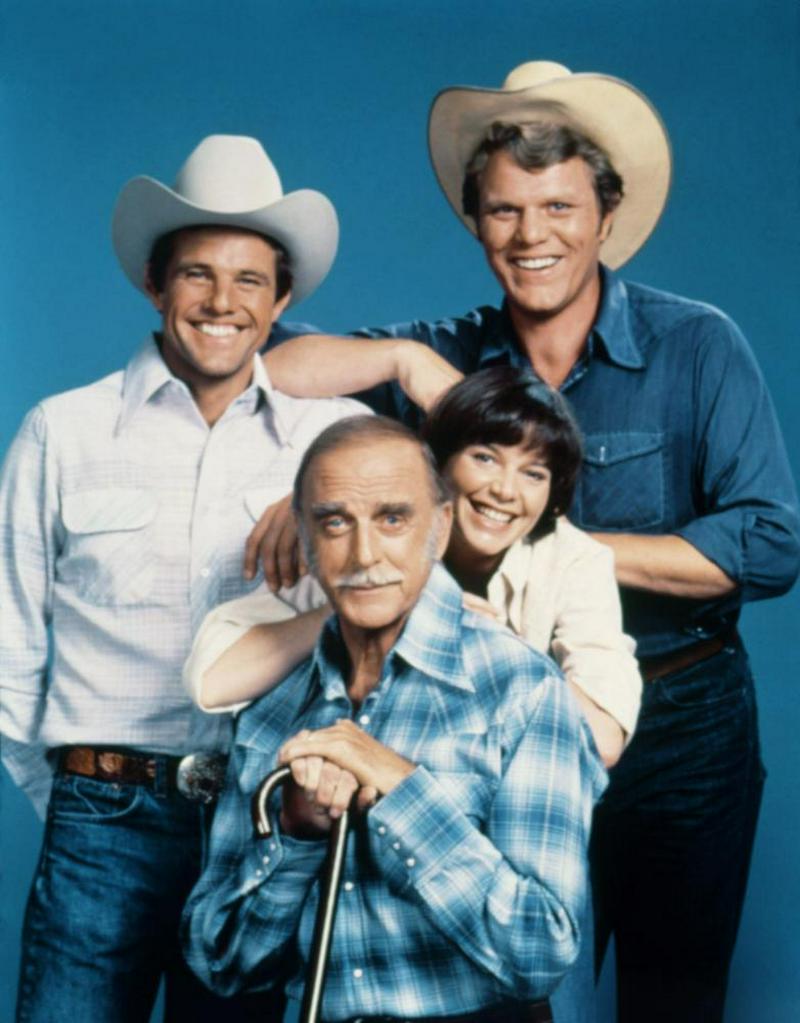
Big Hawaii, a 1977 NBC series, joined the ranks of short-lived '70s shows when it barely managed to last two months on the airwaves. Following a pilot film titled 'Danger in Paradise' that aired in May of the same year, the show featured Cliff Potts, John Dehner, and Lucia Stralser in starring roles. It revolved around the wealthy Fears family, owners of the extravagant Paradise Ranch in Hawaii, promising drama against a picturesque backdrop.
Unfortunately, the series failed to deliver the excitement viewers sought, resulting in its cancellation after just 12 episodes, of which only 9 were broadcasted.
Highcliffe Manor
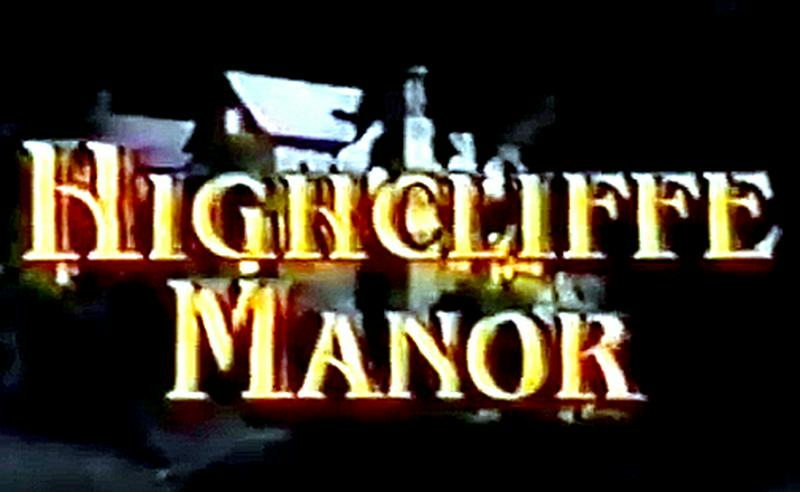
Highcliffe Manor, NBC's 1979 offering inspired by the Gothic soap opera Dark Shadows, seemed to have all the right elements for success. A horror-themed sitcom with a talented cast that included Shelley Fabares, Ernie Hudson, Audrey Landers, Jenny O'Hara, and Stephen McHattie, each 30-minute episode promised a blend of chills and humor. Fabares took on the role of Helen Blacke, a widow inheriting a grand, paranormal-infested Massachusetts mansion, making for an intriguing premise.
The mansion's eccentric inhabitants had not only their eyes set on evicting her but also on a plot to clone world leaders and wreak havoc on the world. Despite its promising setup, Highcliffe Manor met an unfortunate end, being canceled after just six episodes due to low ratings, demonstrating that sometimes even the most captivating ideas don't translate into successful television shows.
The P.T.L Club
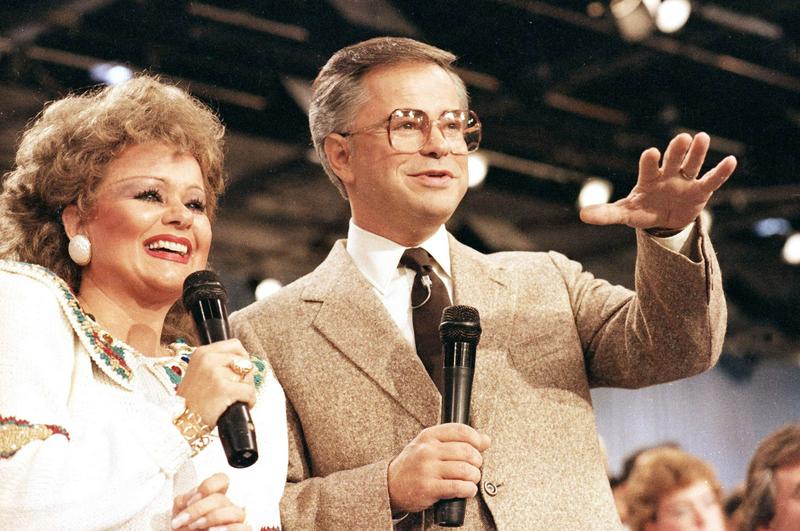
The P.T.L. Club, more colloquially known as 'The Jim and Tammy show,' began in 1974 as a Christian television program hosted by the religious couple. Its acronym, P.T.L., stood for "Praise the Lord," but it didn't take long for viewers to realize that the show had more to do with scams and money than spiritual guidance.
The program, although lasting 14 seasons, found itself embroiled in scandal and controversy in the late 1980s. Jim Bakker, one of the show's hosts, faced accusations of abuse and was ultimately convicted of fraud and conspiracy. This marked the unraveling of what had initially appeared to be a religious program but ultimately turned out to be a scandal-ridden endeavor, revealing the dangers of exploitation in the world of televangelism.
Lucan
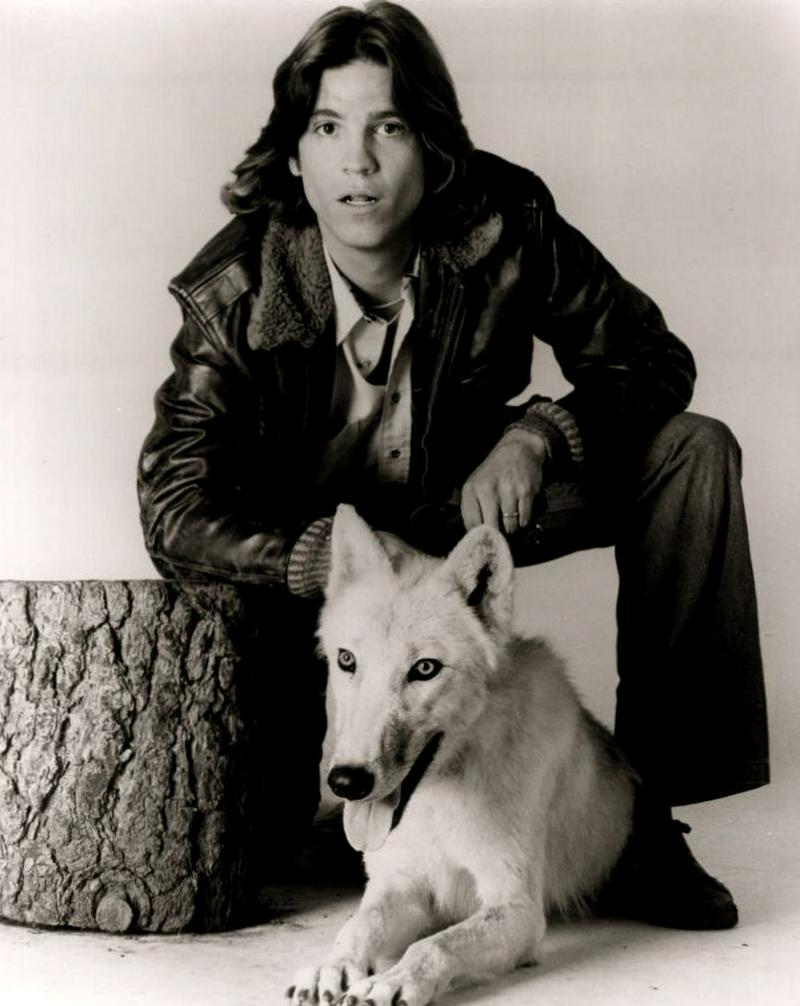
Inspired by a successful TV movie, Lucan made its debut on ABC in 1977 as an adventure series. The show starred a youthful and dashing Kevin Brophy as Lucan, a young man who had spent his first ten years being raised by wolves in the wild. Rescued by a compassionate doctor portrayed by John Randolph, Lucan learned the ways of modern society but was tragically wrongfully accused of a crime. He subsequently fled, leading to a cat-and-mouse game with the determined cop Prentiss.
While the premise offered excitement and adventure, Lucan couldn't sustain its momentum and was canceled after just 11 episodes.
Gemini Man

Based on H.G. Wells' classic tale, The Invisible Man, NBC's 1976 series, Gemini Man, held great promise but ultimately fell short of expectations. The show centered around Sam Casey, portrayed by Ben Murphy, a secret agent equipped with a special watch that granted him the ability to become invisible at will. The catch was that if Casey remained invisible for more than fifteen minutes within a 24-hour period, he would die a lonely, invisible death. Unfortunately, the series struggled to capture viewers' interest, and only five out of the eleven produced episodes made it to air before the show's abrupt cancellation. Neither the plot nor Casey's semi-superhero role resonated with audiences, serving as a testament to the challenges of adapting classic literature into a successful television series.
Holmes and Yoyo
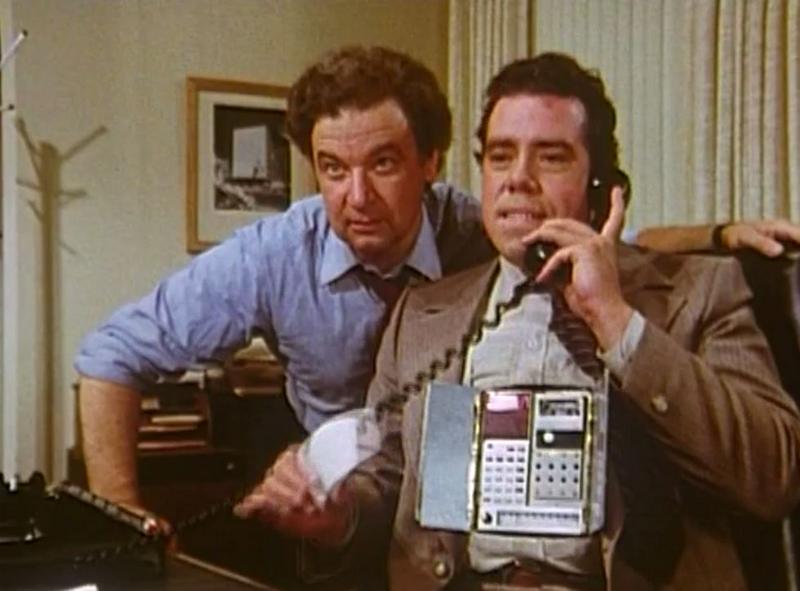
Holmes and Yoyo, another entry in the police show genre, nosedived almost immediately, lasting barely three months on ABC's roster. Premiering in September 1976, the show was abruptly pulled from the airwaves by December of the same year. The series revolved around Detective Alexander Holmes and his partner, Gregory "Yoyo" Yonovich, who was a robot disguised as a detective. Only a select few were privy to Yoyo's true nature. Unfortunately, Holmes and Yoyo couldn't escape the harsh critique of TV Guide, which labeled it one of the worst shows ever made.
Young Dan'l Boone
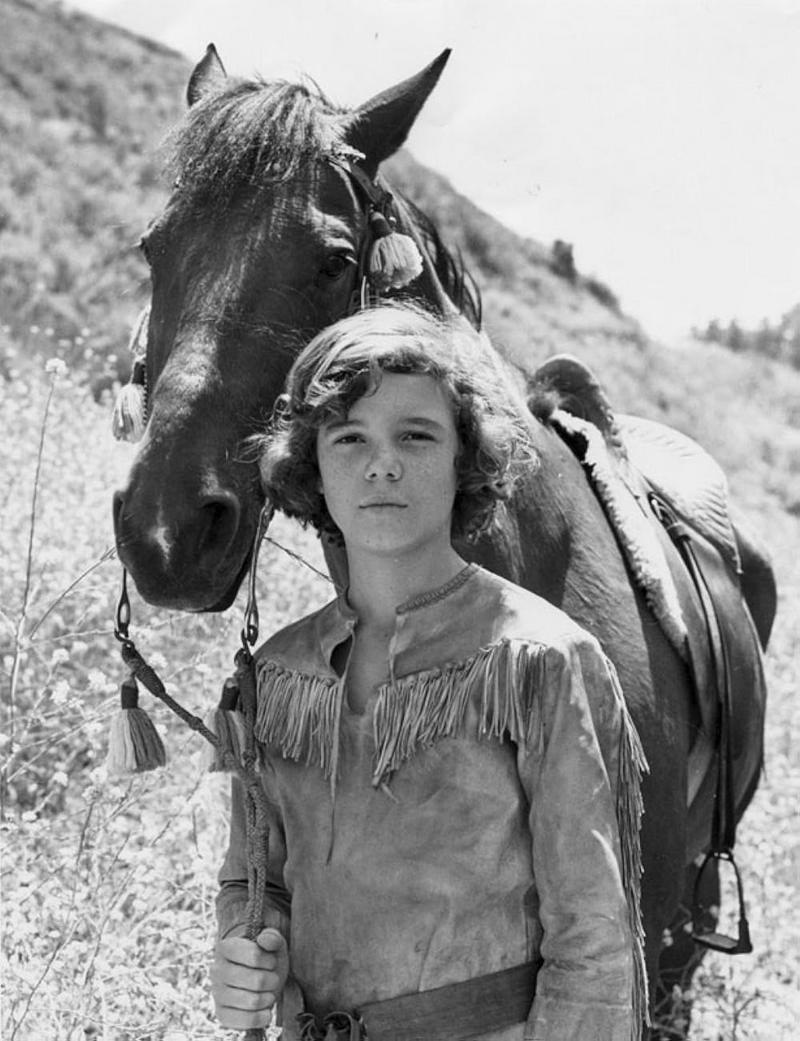
Young Dan'l Boone, a CBS series from 1977, aimed to explore the early adventures of the legendary American frontiersman Daniel Boone before his marriage. Rick Moses portrayed the young Daniel Boone, bringing youthful energy to the character. However, despite the potential for exciting tales of frontier life, the show couldn't escape its unfortunate fate. After a mere eight episodes, of which only four made it to air, CBS decided to pull the plug due to low ratings and unfavorable reviews.
The San Pedro Beach Bums

As the name suggests, The San Pedro Beach Bums centered around the lives of five young friends who shared a houseboat in Southern California. ABC released the series in 1977 and boasted a decent cast that included names like Stuart Pankin, John Mark Robinson, and Christopher Murney. However, the show's premise, revolving around a group of carefree young men enjoying life in San Pedro, California, lacked the substance needed to keep audiences engaged. With a run of under three months, the series was canceled, with only ten episodes making it to air. Who knew a series about a place as magical as San Pedro wouldn't connect with the American television audience?
Hee Haw Honeys

Hee Haw Honeys, a 1978 TV series, emerged as a spin-off to the original and notably more successful Hee Haw. The parent show had featured guest appearances by country music stars like Loretta Lynn and Conway Twitty, but the spin-off couldn't replicate that level of success. Despite having notable cast members like Misty Rowe and Kathie Lee Gifford, "Hee Haw Honeys" struggled to attain hit status. The show received harsh criticism, earning a spot on TV Guide's list of the worst shows ever made and garnering its share of bad reviews. While some viewers enjoyed it, the numbers just want there and this show went to Hee Haw heaven after one season.
Dusty’s Trail
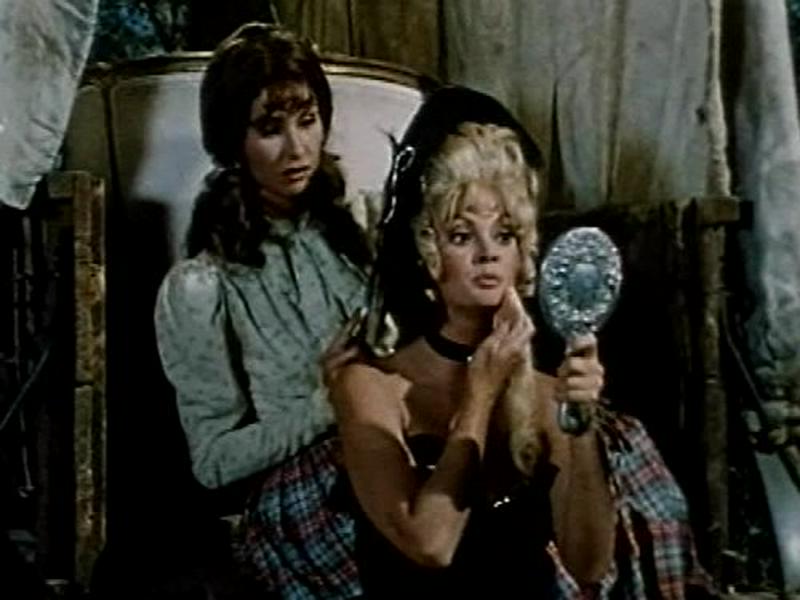
Dusty's Trail was in trouble from the jump. The series struggled to find a network willing to release it and when it premiered in 1973 it made a feeble attempt to replicate the formula of Gilligan's Island with the action transplanted to the Old West.
The series suffered from misaligned casting, weak production values, and lackluster scripts, resulting in unfavorable audience reviews. Despite these shortcomings, "Dusty's Trail" somehow managed to linger on the air for 26 episodes - that's an entire season. Wow.
Firehouse
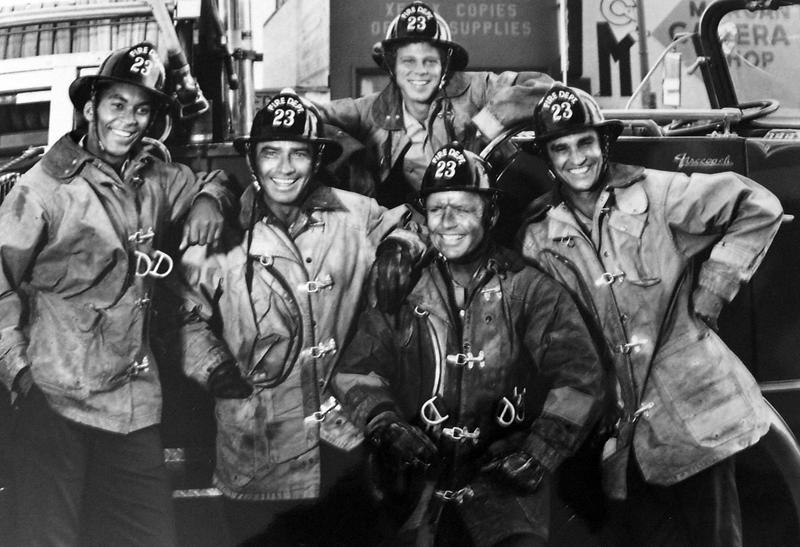
1974's Firehouse proved to be a highly unsuccessful television series, despite its inspiration from NBC's popular show, Emergency!. The adventure drama followed the story of a veteran firefighter who acted as a father figure to a group of younger, newly-recruited firefighters. With a cast that included James Drury, Brad David, Michael Delano, Richard Jaeckel, and others, and drawing inspiration from the best-selling book Report from Engine Co. 28, authored by an actual veteran firefighter, the show had potential. However, it failed to resonate with audiences, resulting in ABC canceling it after just 13 episodes.
No comments: